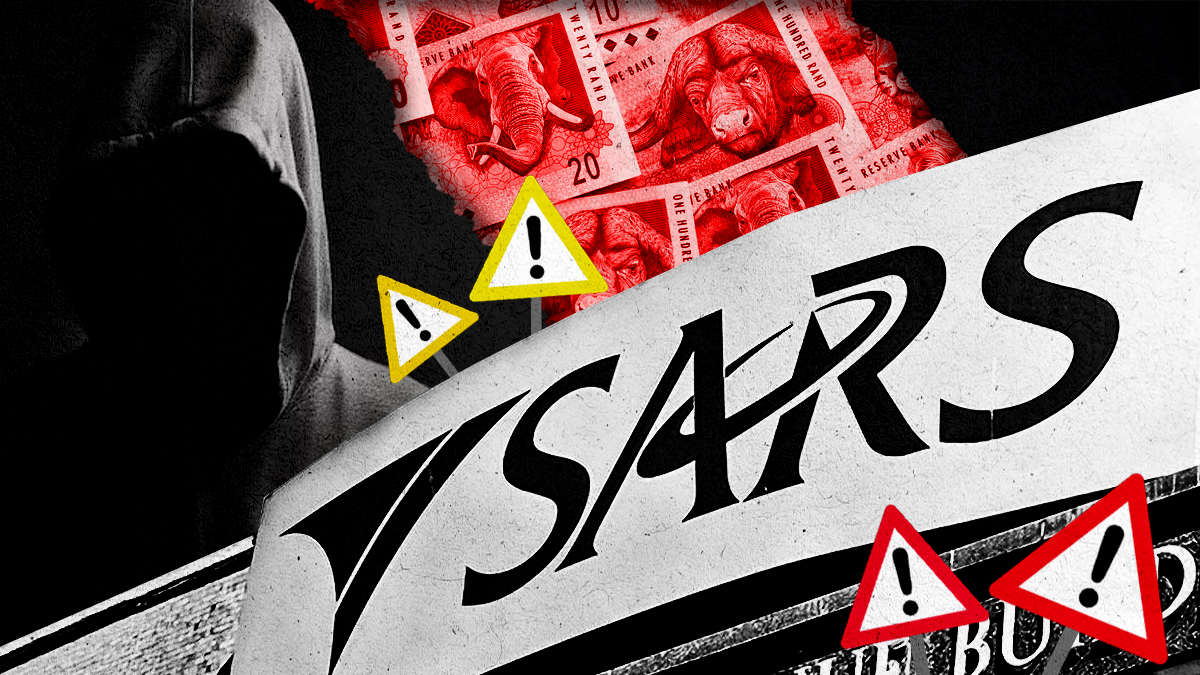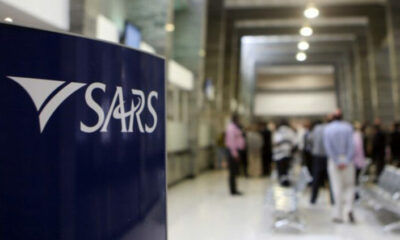Business
Don’t Fall for the “Settlement Notification” Scam: What SARS Wants You to Know

The Scam That Looks Too Real
It begins in your inbox: an urgent email titled “Settlement Notification,” claiming there’s a debt you must settle. The message threatens fines, legal action, or blacklisting if you fail to respond by a deadline. It mimics SARS’ look and tone so closely that many recipients don’t realize it’s a trap.
The scheme’s goal is simple: get you to open a PDF attachment and follow fraudulent bank details inside. That’s when the damage happens.
Timing Is Everything
October is a dangerous time to be relaxed. For non-provisional taxpayers, 20 October is the final day to file for 2025. Scammers feed on the pressure, sending messages that sound urgent, legal, and official.
Recently, SARS, banks, and tax professionals have warned of increased phishing attempts and impersonation campaigns. This “Settlement Notification” fraud is just one wave in a larger tide of scams. Others include emails threatening court action, alleged audits, or paused accounts.
What SARS Actually Does (and Does Not Do)
To protect yourself, you need to know how SARS really operates:
-
No unsolicited PDF requests, especially with hyperlinks or banking instructions
-
Payments are done via eFiling or the MobiApp, where your bank will get a formal request to deduct a specific amount
-
If using EFT, SARS shows as a beneficiary already loaded in your bank’s system, often prefixed with “SARS-”
-
SARS never sends hyperlinks to external sites in legitimate emails, and they won’t ask for your credit card, banking login, or PIN via email or SMS
In short, if an email asks you to “pay now” via a weird PDF or external link, it’s not genuine.
Spot the Red Flags
Here are some instant warning signs:
-
Threats of legal action, blacklisting or account seizures
-
A stern deadline to act
-
PDF attachments or .htm / .html files
-
Requests for card details, passwords, or OTPs
-
Hyperlinks to outside sites
-
Sender addresses that don’t match official SARS domains
When in doubt, cross-check through your eFiling portal or the official SARS website.
What to Do If You See It
-
Don’t click or respond.
-
Forward the email to [email protected]
-
Contact your bank if you’ve already clicked or paid
-
Immediately change your login credentials
-
Monitor your account for any suspicious activity
You can always access your tax status through eFiling or MobiApp; never rely on emailed links.
Filing Dates You Should Bookmark
-
Individual (non-provisional): 21 July to 20 October 2025
-
Provisional & trusts: through to 19 January 2026
Knowing these dates means you won’t panic when an email slams you with urgency.
Reminder for Citizens
Cashiers at small shops, freelancers, and taxi drivers often manage their taxes late at night on shared public WiFi. That’s exactly where scammers aim their hooks. On neighbourhood forums and WhatsApp groups around Joburg, folks are already warning each other about fake settlement emails. The best safety net is stopping and double-checking, logging in through SARS’ proper channels; don’t take shortcuts.
Stay alert, stay safe, and always know who’s behind the email before you act.
Follow Joburg ETC on Facebook, Twitter, TikT
For more News in Johannesburg, visit joburgetc.com
Source: Business Tech
Featured Image: Daily Investor



























